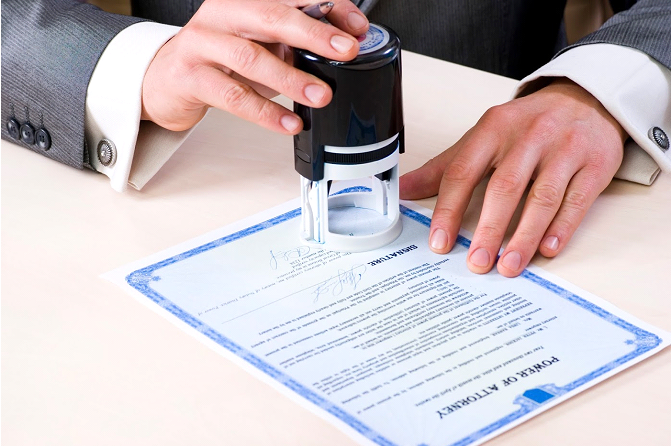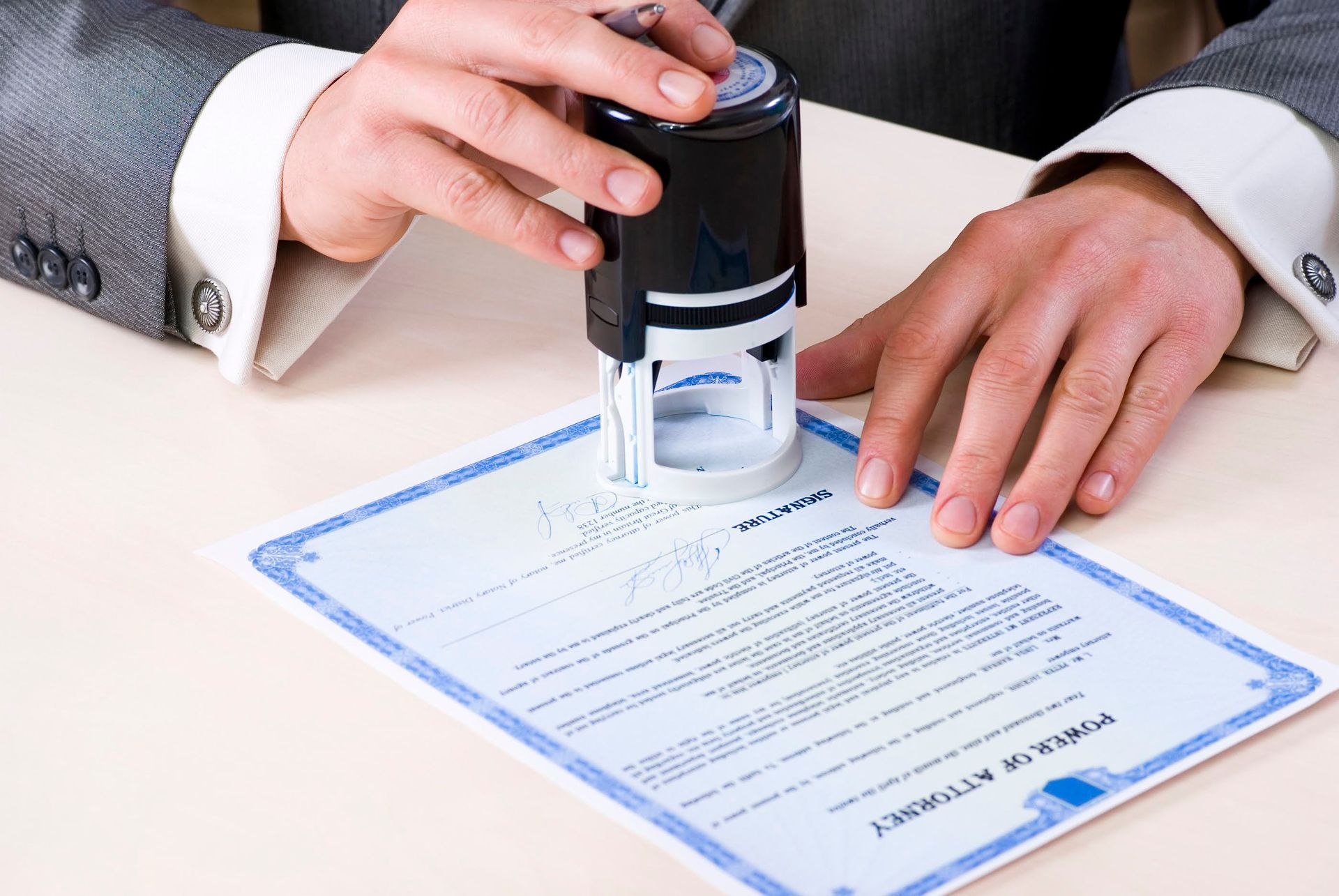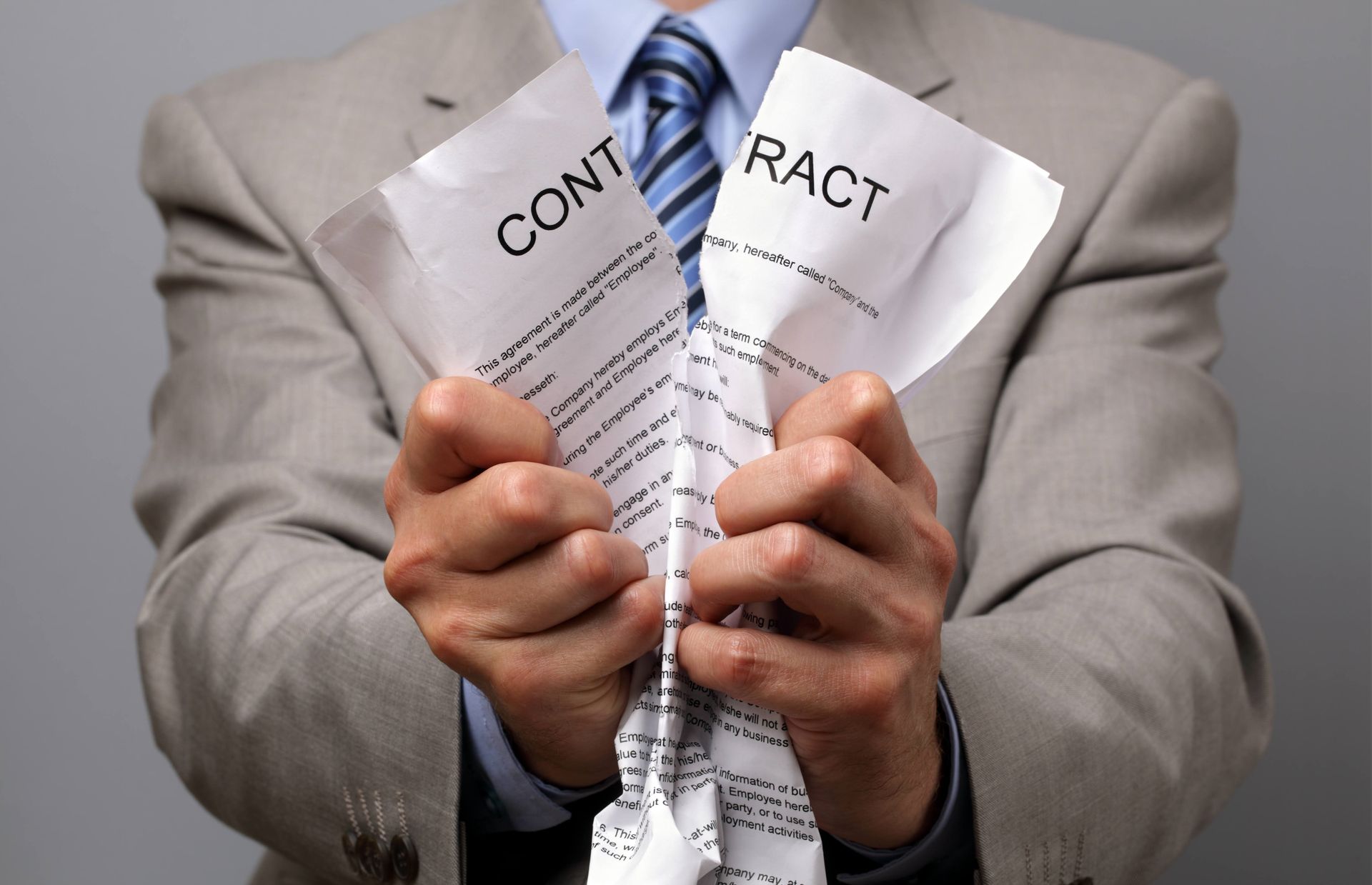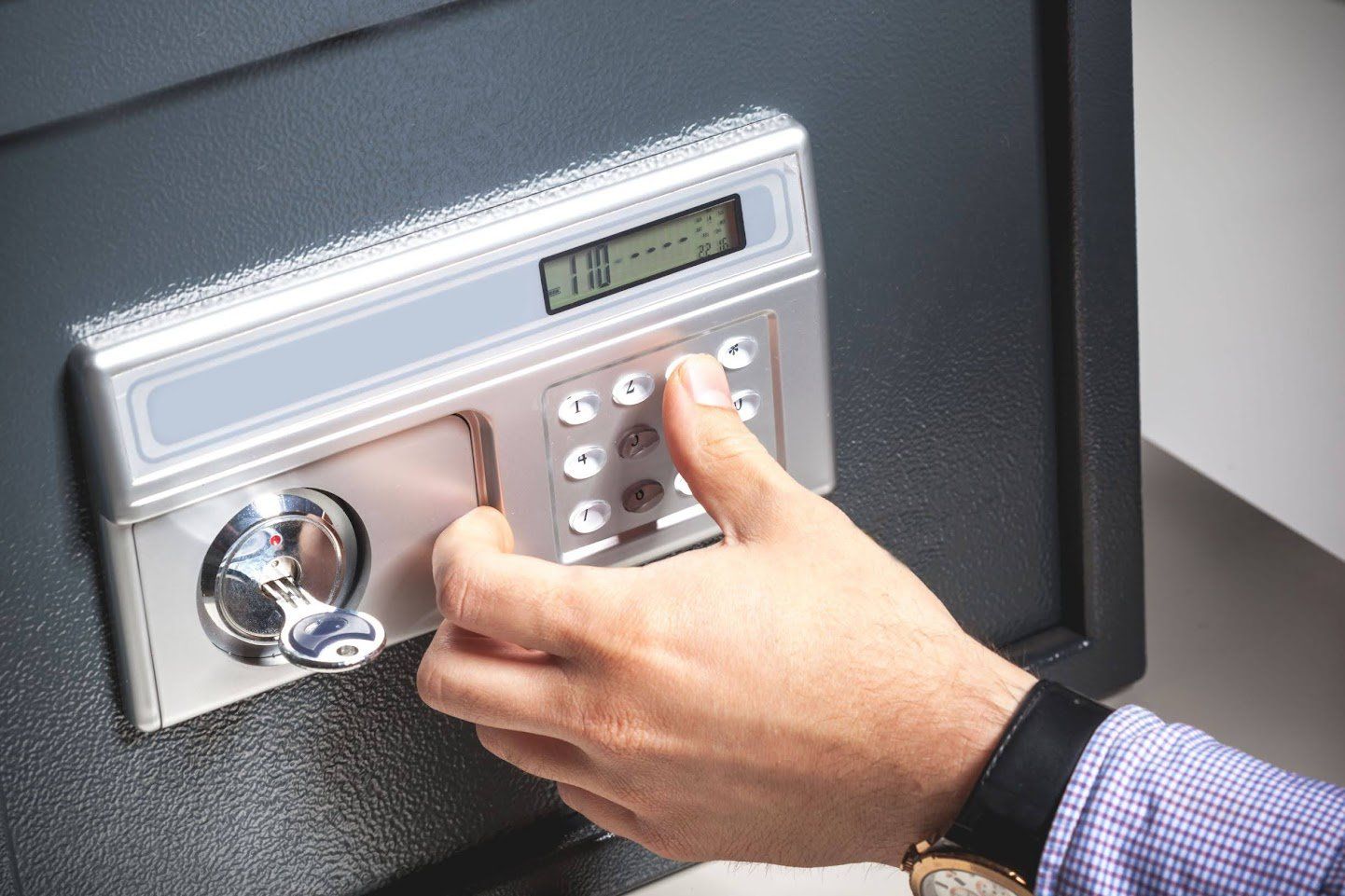What You Need to Know About Power of Attorney
Many people choose to draw up a power of attorney as part of their estate plan. However, some may have some questions or concerns about exactly what is allowed once you declare a power of attorney. Whether you need a power of attorney or you are named the agent for a power of attorney for someone else, the following is useful information.
The Signee Must Be Competent to Sign a Power of Attorney
If you have a relative you expect to be responsible for should he or she become incapacitated or incompetent, he or she must declare you the power of attorney before the incapacitation occurs. Competence is a must for executing a legal document, such as a power of attorney.
Unfortunately, if your loved one is no longer competent, he or she is not able to name you power of attorney. The only option in cases such as these is to go through the court system to obtain a guardianship or conservatorship over said person. Once this is complete, you will receive the legal right to handle your loved one's affairs.
You Should Not Rely on Internet Documents to Obtain Power of Attorney
A power of attorney is a legal document that represents the nature of your own specific circumstances. While you can find documents on the internet to create a power of attorney, doing so is not advisable for several reasons.
For one, each state is different regarding rules of powers of attorney. States have different rules. If you use a generic form found online, you may not have an executable document due to missed state regulations. Generic documents are not specific to your needs.
Forms online may also be outdated or even ambiguous in legal terminology. If your power of attorney is not specific, it opens you up to possible legal interjections from others who wish to challenge the document.
A Power of Attorney Is Not a Free for All
One issue preventing many from getting a power of attorney is the fear of the agent mismanaging their financial affairs.
The person who is the agent of a power of attorney has a fiduciary obligation or obligations over your medical affairs. This means the agent is allowed to make decisions for the best interest of the person who named the agent. A power of attorney does not give an agent free reign over someone's estate.
A medical power of attorney allows the agent to make decisions on your healthcare needs once you cannot do on your own.
This does not mean an agent will not try to do something nefarious with an estate. Always choose someone you trust or with the proper business background to be the agent of your power of attorney to ensure your estate is safe.
The Power of Attorney Configuration Makes a Difference
Two types of powers of attorney exist. A general power of attorney allows agents to handle a variety of actions, like the purchase or sale of property. The specialized document will address exactly what the agent is allowed to do on your behalf.
A limited power of attorney is akin to a subset of a regular power of attorney. This allows an agent to have power over a specific area of your estate, such as management to one of your properties.
Once you pass away, the power of attorney is over. The difference between the two is regular power of attorney ends at both death and if you become mentally incapacitated. A durable power of attorney will end at death but not mental incapacitation.
If you have any questions or need assistance with your estate planning, please contact us at Donald B. Linsky & Associate PA.













